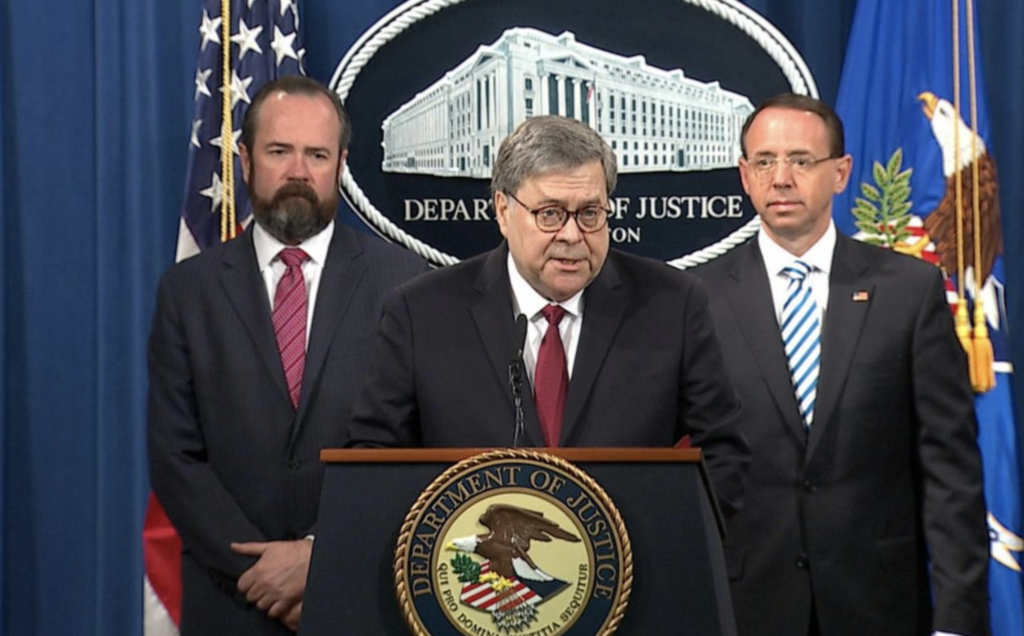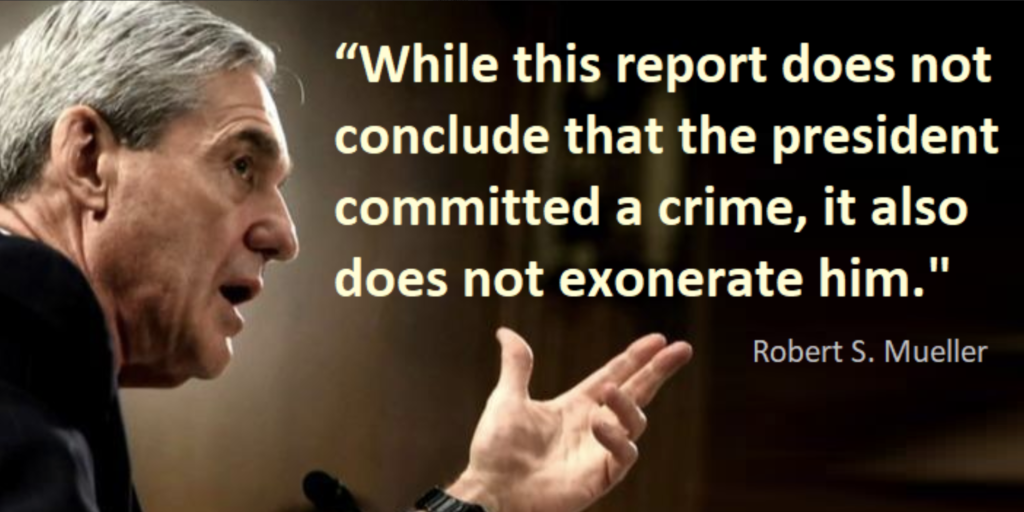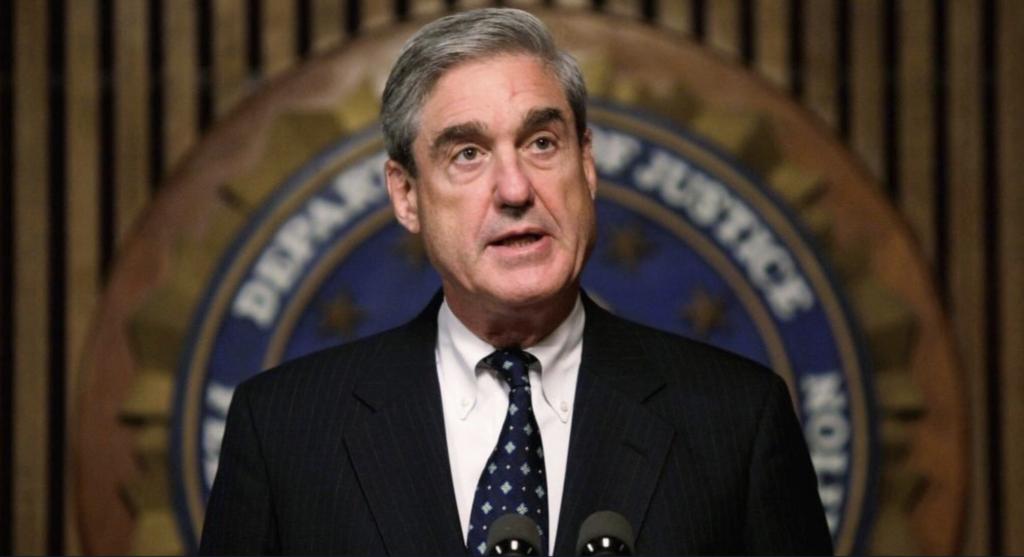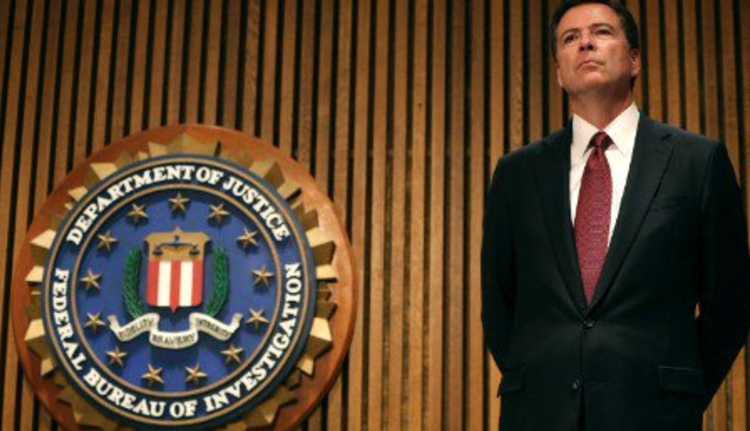Was He Getting Too Close To The Truth?
10 May, 2017
President Donald Trump ignited a political firestorm on Tuesday by firing FBI Director James Comey, who had been leading an investigation into the Trump 2016 presidential campaign’s possible collusion with Russia to influence the election outcome.
The Republican president said he fired Comey, the top U.S. law enforcement official, over his handling of an election-year email scandal involving then-Democratic presidential nominee Hillary Clinton.
The move stunned Washington and raised suspicions among Democrats and others that the White House was trying to blunt the FBI probe involving Russia.
Some Democrats compared Trump’s move to the “Saturday Night Massacre” of 1973, in which President Richard Nixon fired an independent special prosecutor investigating the Watergate scandal.
White House officials denied allegations that there was any political motive in the move by Trump, who took office on Jan. 20.
Senate Democratic leader Chuck Schumer said he spoke to Trump and told him he was “making a very big mistake” in firing Comey, adding the president did not “really answer” in response.
An independent investigation into Moscow’s role in the election “is now the only way to go to restore the American people’s faith,” Schumer said.
Though many Democrats have criticized Comey’s handling of the Clinton email probe, they said they were troubled by the timing of Trump’s firing of him.
Senator Richard Burr, the Republican chairman of the Senate Intelligence Committee, which is overseeing its own investigation into Russian interference during the election, said in a statement he was also troubled by the timing of Comey’s termination.
“His dismissal, I believe, is a loss for the Bureau and the nation,” Burr said.
U.S. intelligence agencies concluded in a January report that Russian President Vladimir Putin had ordered an effort to disrupt the 2016 election, with the aim of helping Trump.
CNN reported on Tuesday night that federal prosecutors had issued grand jury subpoenas to former Trump national security adviser Michael Flynn, seeking business records, as part of the probe into Russian interference in the election.
Trump’s firing of Comey came a day after former acting Attorney General Sally Yates told a Senate panel that she had informed the White House on Jan. 26 that Flynn was at risk of blackmail by Moscow because he had been untruthful about his discussions with the Russian ambassador, Sergei Kislyak. Trump fired Flynn 18 days later.
Russia has repeatedly denied any meddling in the election and the Trump administration denies allegations of collusion with Russia.
Trump, in a letter to Comey released by the White House, said: “It is essential that we find new leadership for the FBI that restores public trust and confidence in its vital law enforcement mission.”
The president told Comey in the letter that he accepted the recommendation of Attorney General Jeff Sessions that he could no longer provide effective leadership. Comey’s term was to run through September 2023. He was appointed director by Democratic President Barack Obama in 2013.
Sessions advised Trump’s campaign before being picked by the president to lead the Justice Department. Sessions had recused himself from involvement in the Russia investigation, after he misstated his own 2016 contacts with Russia’s ambassador to Washington.
Comey’s deputy, Andrew McCabe, became acting FBI director. The White House said the search for a new permanent director would begin immediately.
Pushing back against critics of the move, White House officials said Deputy Attorney General Rod Rosenstein, a career prosecutor who took office on April 25, assessed the situation at the FBI and concluded that Comey had lost his confidence.
Rosenstein sent his recommendation to Sessions, who concurred and they forwarded their recommendation to Trump, who accepted it on Tuesday, they said.
The White House released a memo in which Rosenstein wrote: “I cannot defend the Director’s handling of the conclusion of the investigation of Secretary Clinton’s emails, and I do not understand his refusal to accept the nearly universal judgment that he was mistaken.”
Rosenstein cited several former Justice Department officials’ comments criticizing Comey’s handling of the Clinton email investigation, including his public statements.
But one of those he cited, Donald Ayer, a former deputy attorney general under President H.W. Bush, questioned the purported reasons for the firing. Reached by Reuters, Ayer said in an email that the administration’s explanation was “a sham.”
Comey was traveling in Los Angeles when the news broke that he had been fired.
In an odd twist, a White House official said the letter firing him was delivered to the FBI by Keith Schiller, Trump’s longtime armed personal bodyguard who is now director of Oval Office Operations at the White House.
Trump, in the letter, said: “While I greatly appreciate you informing me, on three separate occasions, that I am not under investigation, I nevertheless concur with the judgment of the Department of Justice that you are not able to effectively lead the bureau.”
Reuters
Image kollerhead twitter
Mentioned In This Post:
About the author
Related Posts
-

Terrorist Plot To Kidnap Governor Whitmer
-

Romeo Miller and the Ex's on the Beach
-

You'll Get No More Questions In China
-

It's Mueller Report Time!
-

Mueller Report Says No Collusion
-

Another Sexual Allegation For Hollywood's Hottest Director
-

Is This the Past vs The Future?
-

James Harden Is A BEAST
-

Athletes Of Year Are More Than Athletes!
-

Someone Is Trying to Set Up Robert Mueller










